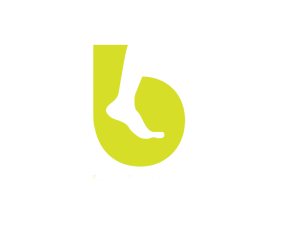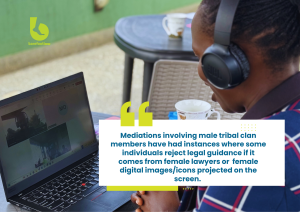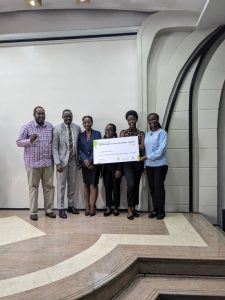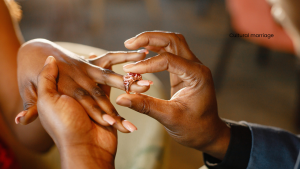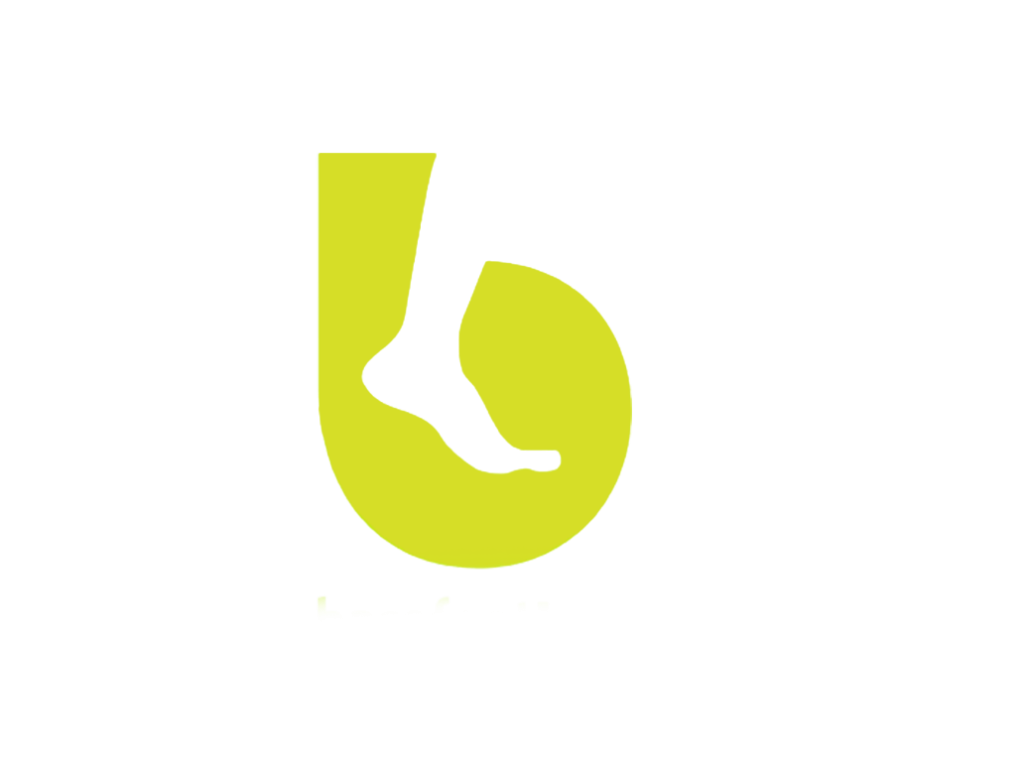Authors: Barefootlaw Research Team
BarefootLaw, with support from the MOTT Foundation, conducted research in Zambia to understand and bring to the forefront innovations that aim to improve access to justice in the country. A local crowdsourcing initiative revealed a range of efforts, with mobile legal clinics emerging as one of the standout innovations. In this article, we zoom in on mobile legal clinics conducted in Choma by Justice for All Network (J4N).
Zambians living in remote areas are often economically disadvantaged and encounter major obstacles in accessing legal assistance. These challenges include long travel distances, inadequate transportation, and limited awareness of their legal rights and available services. As a result, those who are most in need frequently go without essential legal support and are left without any means of redress. Mobile legal clinics are designed to fill this critical gap. Choma J4N launched mobile legal clinics to bring legal services directly to remote and underserved communities by setting up temporary legal service centres in various locations.
The clinics educate residents about their legal rights and processes for seeking justice and provide a platform for reporting grievances. The clinics also serve as a platform for reporting corruption and abuse of public office – promoting accountability among public officials and institutions and helping to cultivate a culture of integrity and responsiveness. On top of immediate assistance, the network facilitates the documentation and referral of complaints to relevant public institutions, tracks and follows up on cases to ensure that complaints are addressed and resolved in a timely manner.
The Model
J4N is a network of members ranging from legal professionals to legal support staff from government and non-government agencies who contribute their time and expertise voluntarily or at a minimal cost. The network sets up temporary legal clinics in different communities and locations, and members travel to these communities to provide justice services. Members from government departments include magistrates, the Zambia police and the Legal Aid Board, among others.
Innovativeness of the model
Innovation has been defined as a new or improved product or process that varies greatly from previous products or processes and that has been made available to potential users (OECD, 2018). A key element of innovation for the mobile legal clinics in Choma is its operation as a collaborative effort and partnership that brings together civil society organizations (CSOs) and government departments. Unlike previous models of legal clinics, professionals from each of these agencies and entities collaborate voluntarily to contribute their time and expertise to the clinics. These in-kind contributions make the model more cost-effective and sustainable with lesser reliance on donor funding for continuity. Additionally, the collaboration is able to leverage unique resources from each partner to chart and create ways to effectively provide redress for justice issues faced by communities. Notably, its mobile setup means that the model is lean on establishment and maintenance of permanent structures and infrastructure that is often costly.
WATCH to learn more about Choma Justice for all Network from Joe Mapiki:
Impact
Mobile legal clinics in Choma have bridged gaps in legal service delivery – improving access to justice for communities in remote and underserved areas. The clinics are accessible and affordable to clients who would otherwise have used more time and higher costs to transport themselves to justice centers. The clinics have created awareness and educated community members about their rights and processes available for seeking redress. To consistently improve on their effectiveness, as well as foster accountability and responsiveness of the justice system, the J4N network tracks and follows up on cases to ensure that complaints are addressed and resolved.
Lessons
This initiative serves as a learning model for countries in Sub-Saharan Africa with contexts similar to Zambia. Its collaborative framework—bringing together Civil Society Organizations, government departments, and law enforcement agencies—offers a flexible and adaptable structure that can be replicated in other locations and countries through the inclusion of additional partners as necessary. The model guarantees provision of justice services to every person regardless of their social class or financial status.
References
OECD/Eurostat (2018), Oslo Manual 2018: Guidelines for Collecting, Reporting and Using Data on Innovation, 4th Edition, The Measurement of Scientific, Technological and Innovation Activities, OECD Publishing, Paris, https://doi.org/10.1787/9789264304604-en.
